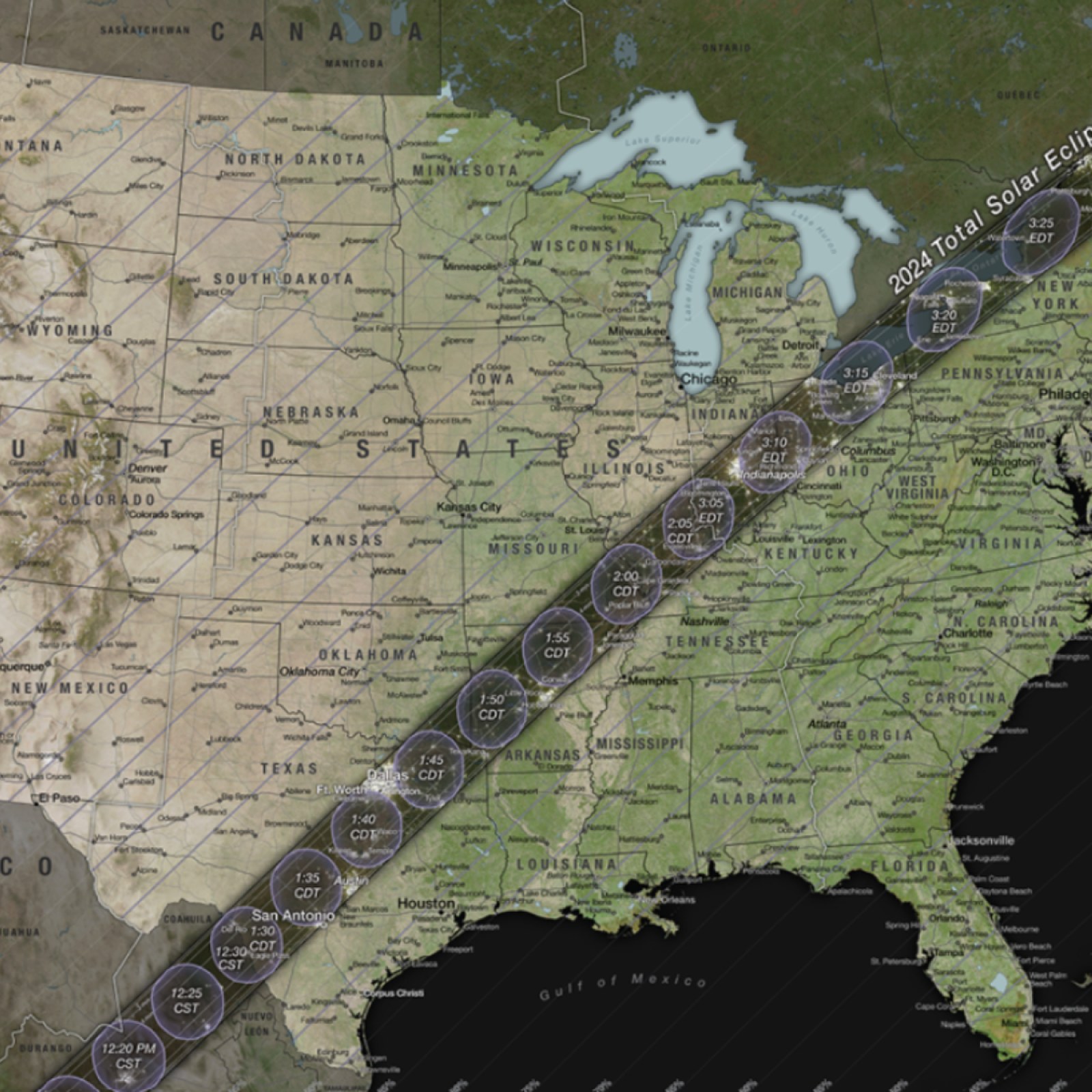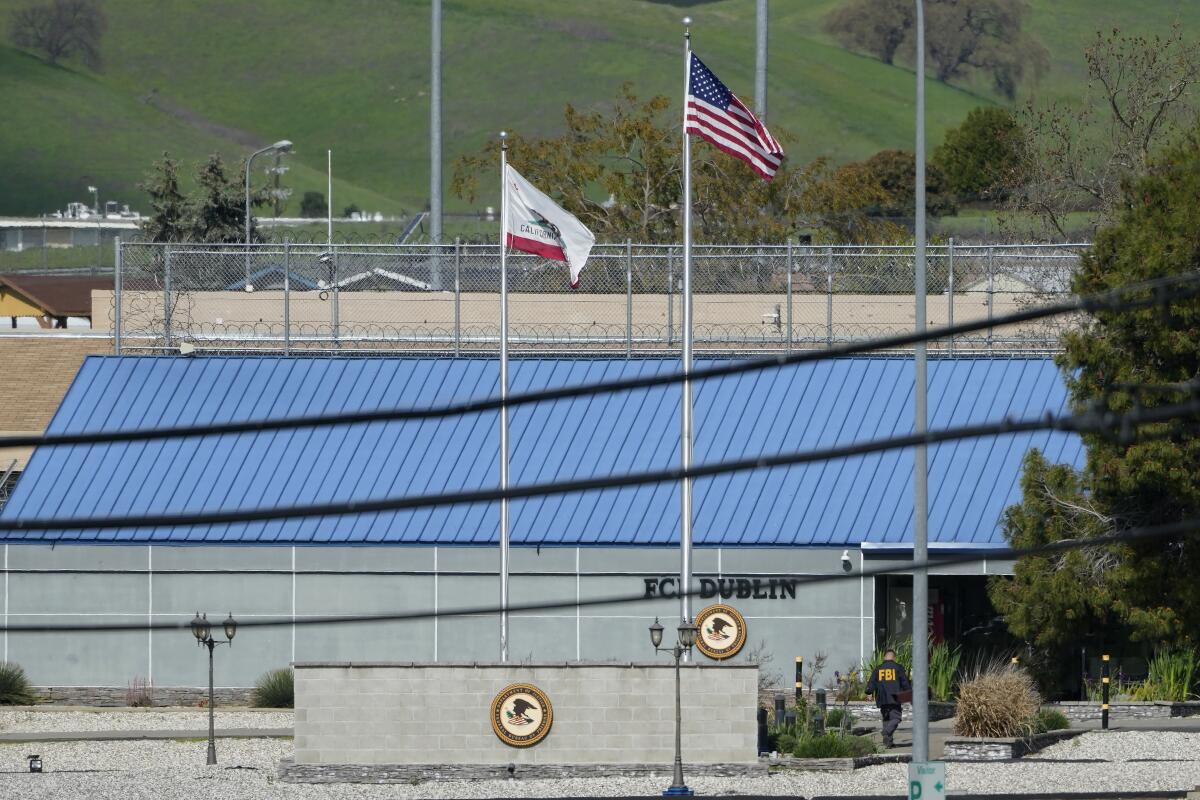Latino Voters: A Valued Asset for Both Major Parties, Yet Vulnerable to Election Misinformation

As the resonant strains of ranchera music filled the recording studio at Radio Campesina in Phoenix, a station personality delivered a crucial message in Spanish over the airwaves.
“Amigos de Campesina, en estas elecciones, la verdad y la unidad son más importantes que nunca,” declared Tony Arias, the morning show host. “No se dejen atrapar por la desinformación.”
This audio clip marked the launch of Radio Campesina’s new campaign aimed at empowering Latino voters in anticipation of the 2024 elections. The initiative involves engaging in discussions about election-related misinformation narratives and conducting fact-checks of conspiracy theories on-air.
“We are on the frontline combating misinformation in our communities,” emphasized María Barquín, program director of Chavez Radio Group, the nonprofit overseeing Radio Campesina, a network of Spanish-language stations in Arizona, California, and Nevada. “The stakes are high in 2024 for our communities. That’s why we need to intensify these efforts now more than ever.”
Latinos have witnessed the second-fastest population growth, following Asian Americans, among major racial and ethnic groups in the U.S. since the last presidential election, according to a Pew Research Center analysis. They are projected to represent 14.7%, or 36.2 million, of all eligible voters in November, marking a new high. Consequently, they have become a significant target for both Republicans and Democrats, particularly in key battleground states such as Arizona, California, and Nevada.
Democratic President Joe Biden has attributed his victory over Republican Donald Trump in 2020 partly to Latino voters and is now rallying their support again for the upcoming elections. With the imminent presidential election year, experts anticipate a surge in misinformation, especially targeting Spanish-speaking voters.
“Latinos wield immense voting power and can decisively impact elections, yet they remain an under-messaged, under-prioritized audience,” noted Arturo Vargas, CEO of NALEO Educational Fund, a national nonprofit promoting Latino civic participation. “Our vote holds sway. Bad actors recognize this, and one way to sway the Latino vote is through disinformation.”
In addition to radio, much of the news and information consumed by Latinos is audio-based, whether through podcasts or social media platforms like Facebook, WhatsApp, and YouTube. However, content moderation efforts in Spanish are limited on these platforms, which have seen a rise in right-wing influencers disseminating election falsehoods and QAnon conspiracy theories.
Misinformation narratives commonly include falsehoods about mail voting, deceased individuals casting ballots, rigged voting machines, and threats at polling sites, mirroring those prevalent in other conservative media outlets and online forums. Additionally, tailored misinformation targeting Latino communities often exploits their specific traumas and fears, such as false information about immigration, inflation, and abortion rights.
Addressing misinformation on the airwaves poses unique challenges compared to traditional text-based misinformation. While misinformation researchers can more easily code programs to categorize and track text-based misinformation, audio content often requires manual listening. Moreover, radio stations airing only in specific areas at specific times can be challenging to monitor.
Trusted messengers, such as Radio Campesina, play a crucial role in combating misinformation. Founded by Mexican American labor and civil rights leader César Chavez, the station has built a loyal listening base over decades. Its on-air talent and musical guests regularly discuss misinformation, provide guidance on spotting misinformation, and educate listeners on election processes.
Additionally, community and media groups are prioritizing efforts to counter misinformation targeting Latinos. Organizations like Mi Familia Vota and Conecta Arizona are leveraging radio shows, phone banks, and fact-checking newsletters to disseminate accurate information and dispel falsehoods.
As the battle against misinformation intensifies, collaboration among local and national groups becomes increasingly essential. Factchequeado, a Spanish-language fact-checking group, is forging partnerships with numerous media outlets to provide training and free Spanish fact-checking content, recognizing that combating disinformation requires a united front at both local and national levels.



